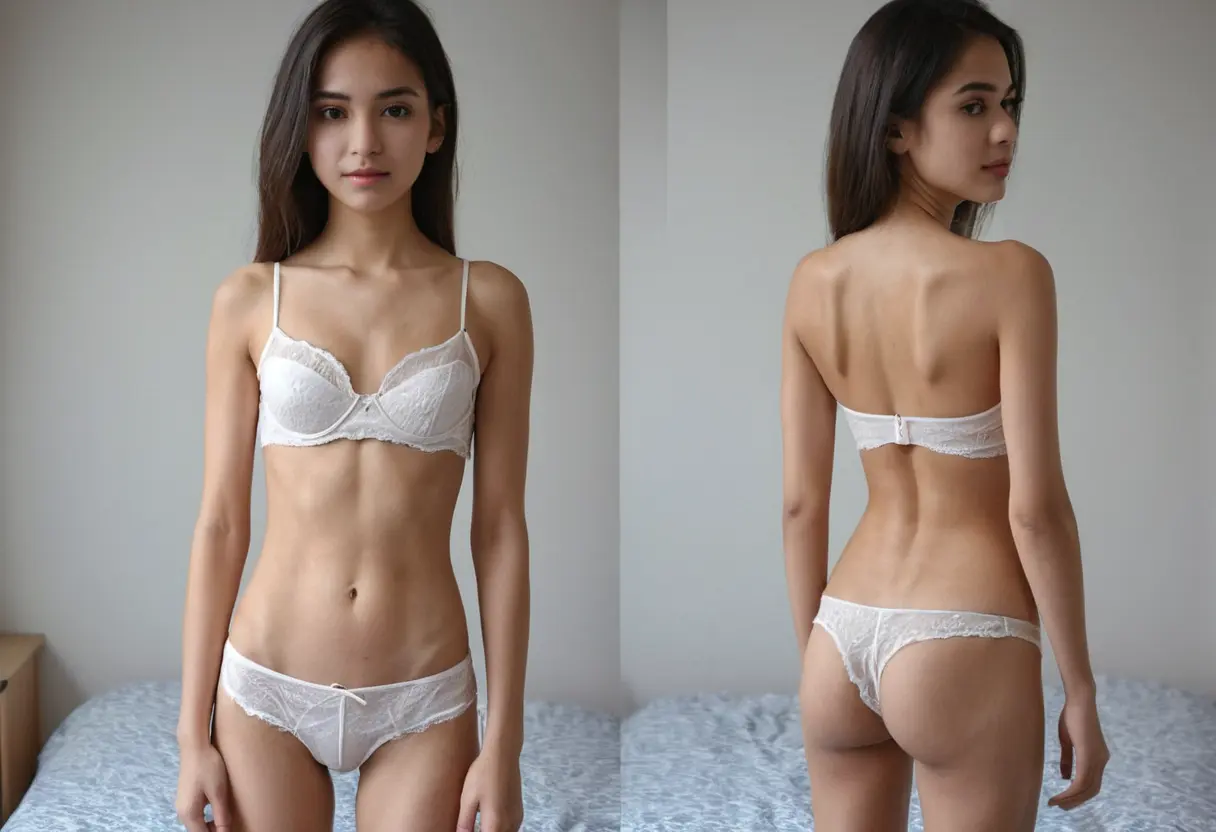How Undress Deepnude AI is Revolutionizing Image Manipulation and Its Controversies
How Undress Deepnude AI is Revolutionizing Image Manipulation and Its Controversies
Undress Deepnude AI, an artificial intelligence tool, has been making waves in the realm of image manipulation. Leveraging powerful deep learning algorithms, this AI-driven technology has the ability to generate hyper-realistic altered images, specifically designed to digitally undress individuals in photos. While it has undoubtedly created a significant impact on the technology industry, it also stirs up various ethical, legal, and moral concerns. This article will explore how Undress Deepnude AI is reshaping the way images are manipulated, the controversies surrounding its use, and its broader implications for society and the future of image editing.
What is Undress Deepnude AI?
Undress Deepnude AI is a deep learning-based software that uses neural networks to modify images. Initially launched as a desktop application, it quickly gained attention for its ability to "undress" people in photos, creating a simulated nudity effect. The AI works by analyzing human figures in images and then replacing clothed sections with realistic depictions of nudity, maintaining the photo's lighting, textures, and angles. This effect is eerily lifelike, making it difficult to distinguish between the altered image and the original.

While the technology itself is innovative, it raised alarm due to its potential misuse, which led to its eventual removal from public access. However, the underlying technology still sparks ongoing debates and has influenced other image-editing tools, as well as the way we think about AI in content creation.

The Technology Behind Deepnude AI
Undress Deepnude AI operates using advanced deep learning algorithms, particularly a type of machine learning model known as a Generative Adversarial Network (GAN). GANs are composed of two neural networks: a generator and a discriminator. The generator's role is to create realistic images, while the discriminator evaluates them for authenticity. By using large datasets of images and applying this adversarial training method, the AI becomes proficient at producing highly convincing modified visuals that can make alterations to clothing, facial expressions, or even body shapes.

This technology relies on immense computational power and training data to understand the nuances of human anatomy and clothing. Over time, it learns to simulate human features and garments with precision, ultimately producing images that are incredibly difficult to distinguish from real photos.
The Controversial Aspects of Undress Deepnude AI
Despite its technological marvel, Undress Deepnude AI has been embroiled in numerous controversies. The primary concern is its potential for misuse in creating non-consensual explicit content. With just a few clicks, individuals can create altered images of others without their permission, leading to privacy violations and the spread of harmful, defamatory material.
Some of the key ethical issues include:
- Non-consensual Pornography: The ability to generate fake nude images without consent is a clear violation of privacy and has led to the creation of revenge porn or malicious content aimed at damaging reputations.
- Identity Theft: By manipulating images, it becomes possible to create misleading or harmful representations of individuals, potentially leading to identity theft and defamation.
- Exploitation of Vulnerable Groups: The software can be used to target specific individuals, especially women and minors, which could result in significant emotional harm and legal consequences.
- Legal and Moral Concerns: While the software itself is legal in some jurisdictions, its use raises complex legal questions regarding consent, copyright, and the ethics of digital manipulation.
The Impact of Undress Deepnude AI on Image Editing and Content Creation
Undress Deepnude AI has not only transformed image manipulation but www.undressaitool.comhas also had a significant influence on the broader field of content creation. It highlights the growing capabilities of artificial intelligence to create and alter visual media in unprecedented ways. As AI tools become more sophisticated, the line between real and fake becomes increasingly blurred, challenging traditional notions of authenticity and originality in digital content.
For instance, in fields like fashion, entertainment, and advertising, AI-driven image manipulation tools can be used to create realistic portrayals of clothing, product mockups, and promotional materials without needing physical photoshoots. While these applications offer tremendous creative freedom, they also introduce risks, particularly in regard to misleading marketing or the creation of unrealistic beauty standards.
Ethical and Legal Implications of AI Image Manipulation
The rise of AI-driven image manipulation tools like Deepnude brings to the forefront important ethical and legal questions. While some argue that AI can be used responsibly for creative and productive purposes, the ability to create altered images with high accuracy raises concerns over misuse. These concerns are compounded by the fact that many users may not fully grasp the consequences of their actions or the technology they are using.
Governments, tech companies, and organizations are beginning to recognize the need for regulations and safeguards to address these concerns. Some approaches include:
- Stronger Consent Laws: Legal frameworks are being discussed that would require explicit consent for any manipulation of personal images, especially in sensitive contexts.
- AI Detection Tools: Companies are developing systems to detect AI-generated or manipulated content to help identify and prevent the spread of fake images.
- Ethical AI Guidelines: Initiatives are underway to create ethical guidelines for the development and deployment of AI technologies, ensuring that they are used responsibly and safely.
Conclusion
Undress Deepnude AI represents a powerful example of how artificial intelligence is changing the landscape of image manipulation. While it demonstrates the potential for creative applications, it also exposes significant ethical, legal, and societal challenges. As AI continues to evolve, it is essential for society to find ways to balance innovation with the protection of individual rights and privacy. In the end, the future of AI in image manipulation will depend on responsible usage, clear regulations, and ongoing conversations about the role of technology in our lives.
Related articles
- How AI Image Undressing Works and What You Need to Know About Its Impact
- Discover the Benefits of Using Undresser AI Free for Effortless Image Analysis
- Exploring the Role of AI in Clothing Recognition and Virtual Try Ons
- Explore the Future of Virtual Fashion with Undress App AI Technology
- Best Free AI Sites for Undressing Images and Photos in
- The Impact of Undress Clothes AI on Personalization and Consumer Experience
- Discover AI Undresser Tool No Sign Up Required for Easy Use
- Understanding the Safety Risks of Undress AI Technology